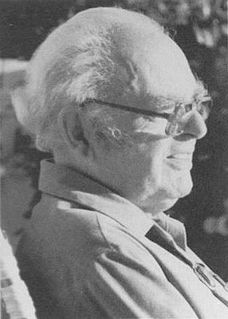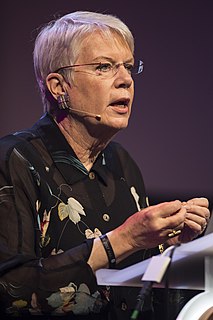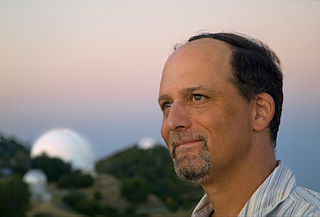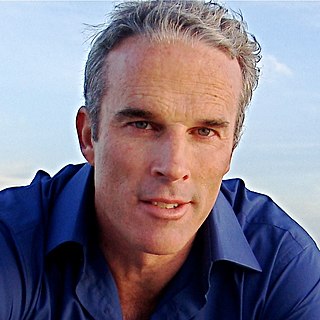A Quote by Carl Sagan
A still more glorious dawn awaits / not a sunrise, but a galaxy-rise / a morning filled with 400 billion suns / the rising of the milky way
Related Quotes
We live on a hunk of rock and metal that circles a humdrum star that is one of 400 billion other stars that make up the Milky Way Galaxy which is one of billions of other galaxies which make up a universe which may be one of a very large number, perhaps an infinite number, of other universes. That is a perspective on human life and our culture that is well worth pondering.
Kid says to me, "You play baseball? What position? Left out?" and gets a big laugh from the rest of the class. Kid is only one person out of 6.792 billion humans on this planet. This planet is only one-eighth of the solar system, whose sun is one of two billion stars in the Milky Way galaxy. Put it that way, the comment loses it's importance.
While the Copernican principle comes with no guarantees that it will forever guide us to cosmic truths, it's worked quite well so far: not only is Earth not in the center of the solar system, but the solar system is not in the center of the Milky Way galaxy, the Milky Way galaxy is not in the center of the universe, and it may come to pass that our universe is just one of many that comprise a multiverse. And in case you're one of those people who thinks that the edge may be a special place, we are not at the edge of anything either.
Might it be the discovery of a distant civilization and our common cosmic origins that finally drives home the message of the bond among all humans. Whether we're born in San Francisco or Sudan or close to the heart of the Milky Way Galaxy, we are the products of a billion-year lineage of wandering stardust. We, all of us, are what happens when a primordial mixture of hydrogen and helium evolves for so long that it begins to ask where it came from.


































